The Institute for Policy Integrity produces a variety of publications. Our research reports develop in-depth research on our core issues, while our policy briefs and issue briefs provide focused analysis on more timely or particular topics. Our academic articles and working papers offer original scholarly research and analysis from established experts as well as fresh new voices.
Latest Publications
-
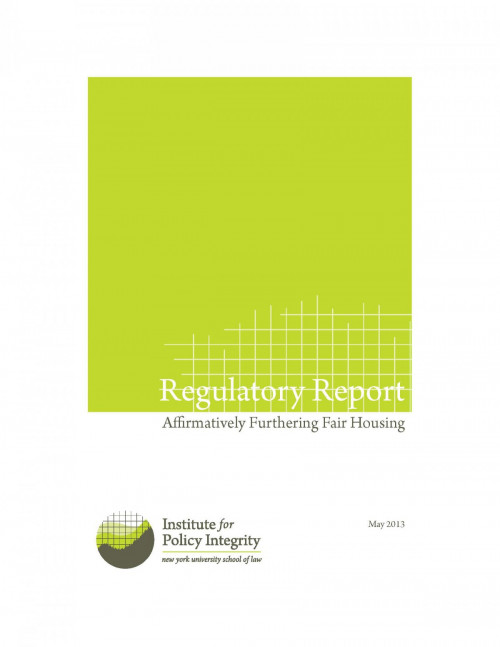
Regulatory Report
Affirmatively Furthering Fair Housing
Decades after the civil rights movement inspired the Fair Housing Act, HUD still has a long way to go before that law’s vision of fair housing is realized. The primary recommendations of this report to the Department of Housing and Urban Development (HUD) are to more clearly define fair housing goals and to measure the progress of locally-based housing providers in meeting the requirements of the 1960’s civil rights statute.
-
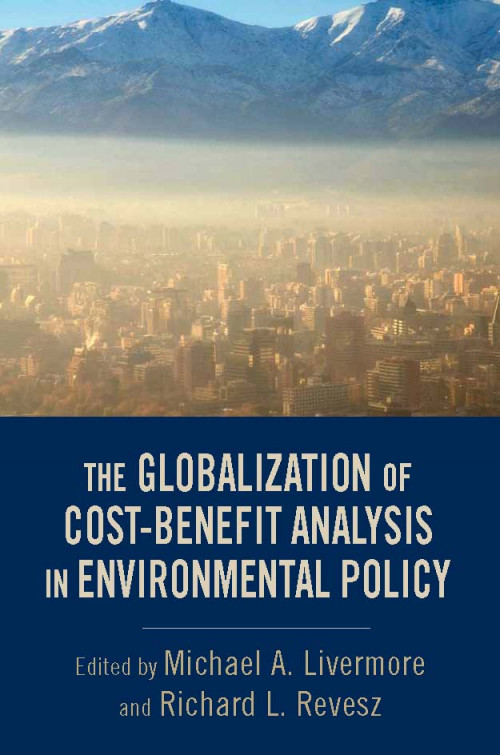
The Globalization of Cost-Benefit Analysis in Environmental Policy
The Globalization of Cost-Benefit Analysis in Environmental Policy examines how cost-benefit analysis can help developing and emerging countries confront the next generation of environmental and public-health challenges. Analysis in the book examines the growing reach of cost-benefit analysis; presents relevant case studies where cost-benefit analysis has been incorporated in the Americas, Africa, Middle East, and Asia; and includes a discussion on the conceptual and institutional issues that must be addressed when adopting cost-benefit analysis in developing and emerging countries. By providing both theoretical and practical discussion of this important new tool, this book makes a valuable contribution to the fields of environmental policy, development studies, and environmental law.
-
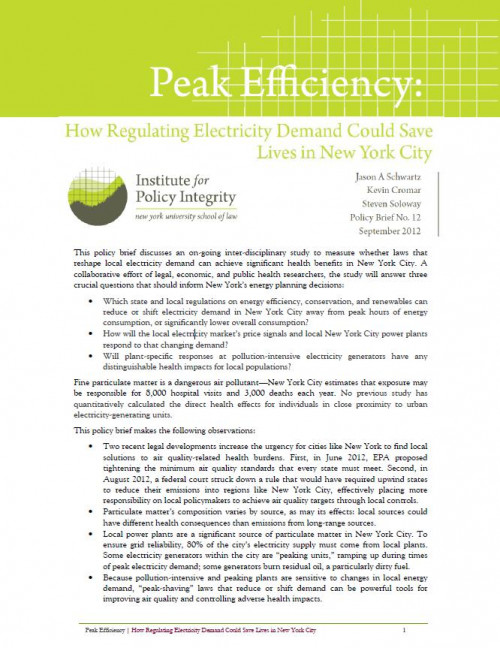
Peak Efficiency
How Regulating Electricity Demand Could Save Lives in New York City
This policy brief discusses an on-going inter-disciplinary study to measure whether laws that reshape local electricity demand can achieve significant health benefits in New York City. A
collaborative effort of legal, economic, and public health researchers, the study will answer crucial questions that should inform New York’s energy planning decisions -
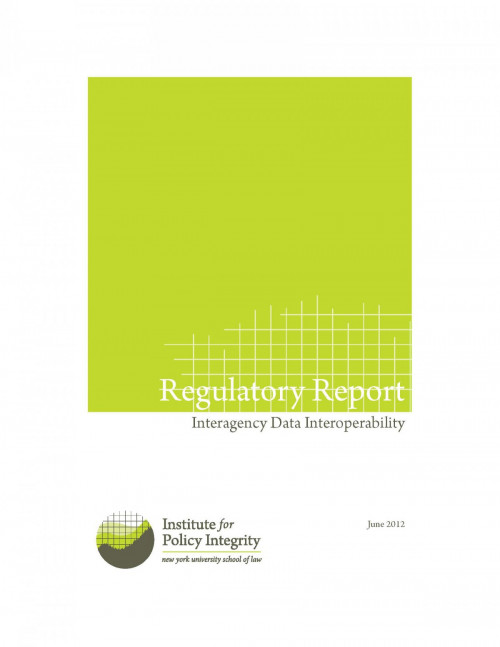
Regulatory Report
Interagency Data Interoperability
This report shows what could be accomplished if straightforward changes were made to improve the way agencies interact. By sharing data, using the same metrics and coordinating on target populations, agencies could improve the impact of social services and stretch every tax dollar.
-
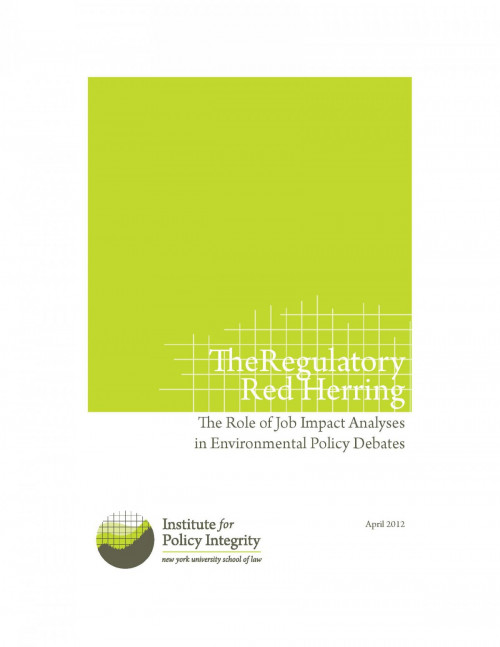
Regulatory Red Herring
The Role of Job Impact Analyses in Environmental Policy Debates
The debate on jobs and environmental regulation too often relies on thinly-supported forecasts about jobs “killed” or “created” by public protections. In the din, questions about larger costs and benefits of protections for clean air or water can get lost.
